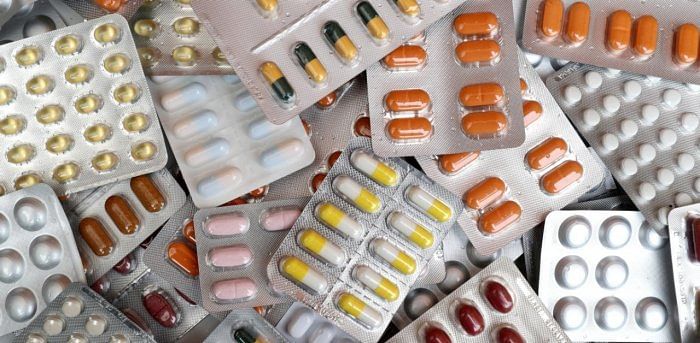
The Indian government is getting serious about tracking and tackling the circulation of counterfeit medicines in the market. The government plans to launch a track-and-trace mechanism by printing barcodes or quick response (QR) codes on medicine packets.
By scanning this code, consumers will be able to check the genuineness of the medicine, according to a report by The Times of India.
This comes following the news reports in June, when the Union government had introduced QR codes “to ensure to ensure authenticity and traceability of 300 common drug brands, including analgesics, vitamins, diabetic, and hypertension medicines,” as reported by the Business Standard.
To implement this, the Union Ministry of Health had made amendments to the Drugs Rules, 1945, in June. In March, the ministry had asked the Department of Pharmaceuticals (DoP) to shortlist drug brands that can be included for implementation of mandatory QR codes.
According to the latest report, in the first phase, the government plans to include 300 top-selling medicines—consisting of pain-relief pills and anti-allergenics—in this track-and-trace mechanism. The ministry has asked pharma companies to print barcodes or QR codes on primary and secondary medicine packages with software applications to facilitate authentication.
Consumers can then scan the code and check all the information related to the medicine with the help of the software.
The government has been working on this project to stop the inflow of fake medicines in the market. Several options are being studied, including setting up a central database agency as a single barcode provider for the entire industry, sources were quoted as saying by the publication.
“The implementation of the system will increase costs by 3-4 per cent. Certain companies have voluntarily started printing the QR code,” said an industry expert.